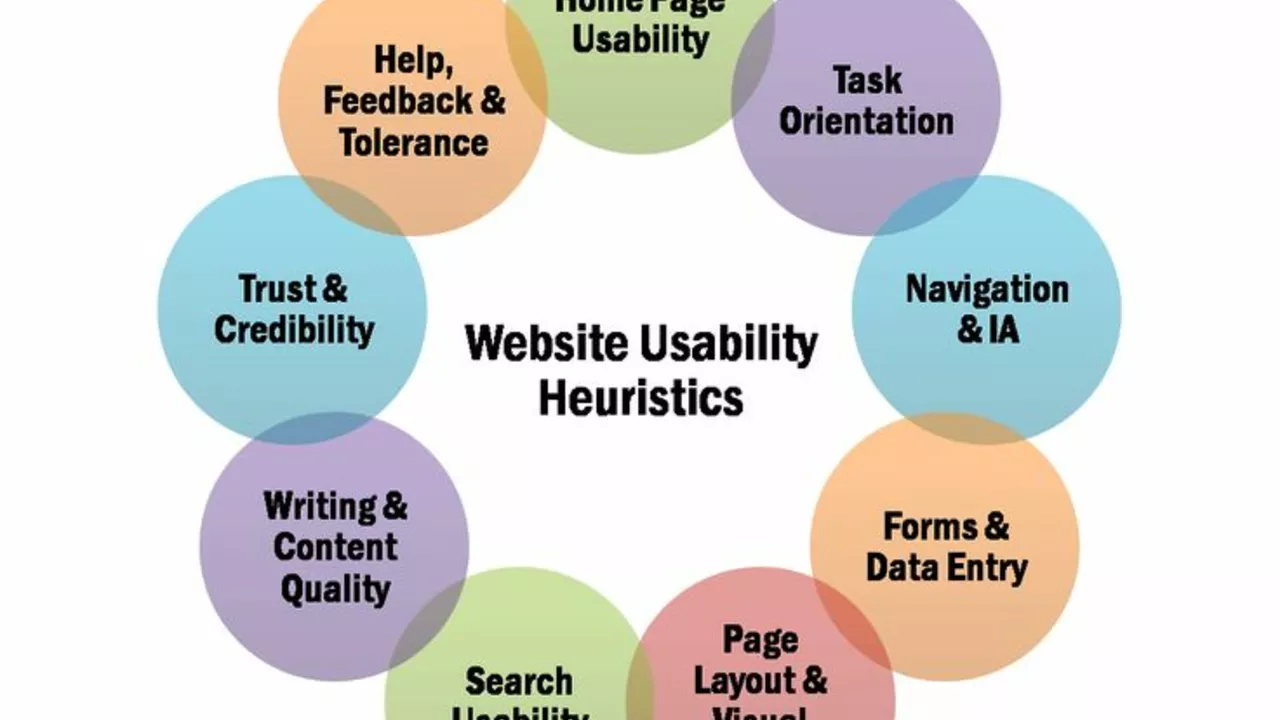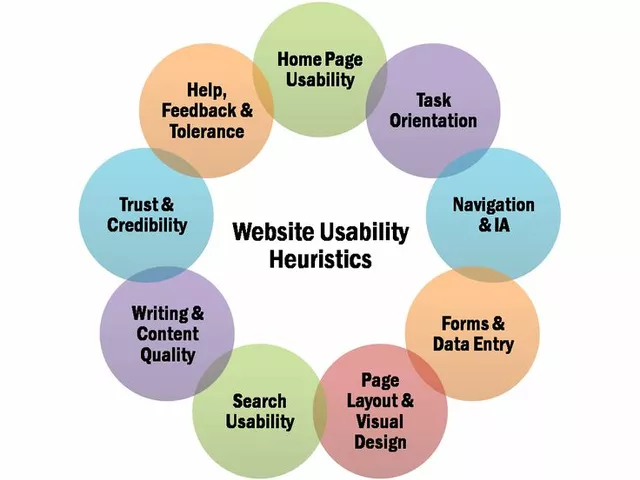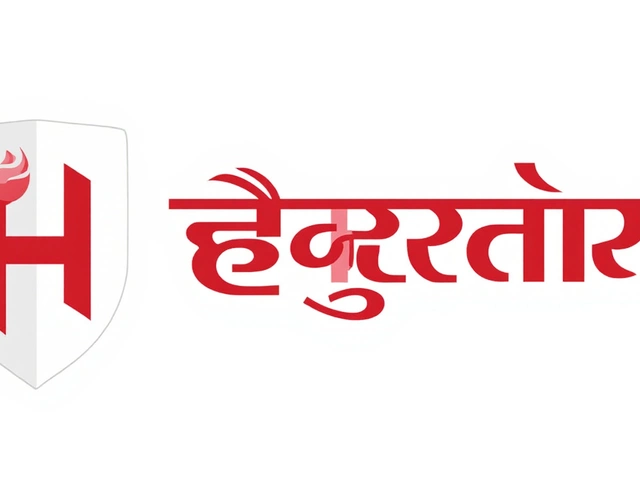Is TOI really that bad?

The Encounter with 'The Times of India'
Let me start by sharing a funny yet somewhat pitiful incident that occurred at my home a while ago. It was a typical Saturday morning, and my son Keshav was eagerly diving into the coveted comic section of The Times of India while I was still rubbing the sleep out of my eyes. Meanwhile, somewhere in the living room, Maya was engaged in her weekend shenanigans—skillfully oscillating between brewing her strongly aromatic South Indian coffee and flipping through the lifestyle section of the same newspaper. The commonality? The Times of India.
However, the joyous silence didn't last long. Suddenly, there was a frown, then a tut, followed by an audibly frustrated sigh from my king of the comic world, Keshav. Intrigued, I tried to sneak a peek at the cause of this rare break in his usual serene Saturday morning demeanor, only to find him vehemently criticizing some articles in his world of imagination and superheroes. He had not even realized that his outburst was echoing throughout our peaceful Sydney, Australia home. That was the moment when I asked myself— "Is TOI really that bad?"
Termites in the TOI Woodwork?
Everybody here in Australia knows that I earn my living by churning out words in the cyber world. So, naturally, my curiosity got the better of me, and I walked over to Keshav to figure out this sudden game of charades. What struck me upon my inspection was the eye-popping sensationalism, evident lack of in-depth research, and the poor quality of content that was doing the rounds in this popular daily.
A common pattern emerged with every new article I surfed through, there was an abundance of clickbait headlines with poorly written stories— something that we new-age bloggers are often scorned for. However, that wasn’t the end. I started noticing numerous typographical errors, incorrect information, and an incessant push for sponsored content masked as news!
Pulling Back the Curtains on TOI's Backstage
Picking up on this, my next move was to do a quick fact check. Having been an avid reader of The Times of India for years, I had always held it in high regard for its pioneering and high-quality journalism. Was it a sign of the times that this erstwhile beacon of Indian journalism had given away to tabloid-esque and lackadaisical reporting, or was it just a case of me 'missing the mark'?
I dug a little deeper, and sadly, the answer was leaning more towards the former than the latter. An array of former and current employees, media critics, and attentive readers had voiced similar concerns about the rapid decline in TOI's journalism standards. They too had voiced out against the newspaper's recent tendency to favour sensationalism over substance, to the detriment of its seasoned reader base.
Is Advertising Masked as News a 'TOIny' Problem?
One of TOI's most glaring issues, and one that has found favor with my lovely wife, Maya, is its relentless push for disguised advertising. Now, don't get me wrong—I am in no way against advertisements. After all, they are a necessary evil that helps fund a media company's operations. However, getting bombarded with sponsored contents passed off as 'exclusive news' strips the newspaper of its sacred responsibility to provide unbiased and relevant information to its readership.
What adds insult to injury is the fact that TOI doesn't limit this intrusive practice to just its physical newspaper. Their website too, is littered with annoying pop-ups and vibrant flashy banners that shove unrequested services and products down the reader's throat. Now that makes me question—what happened to their commitment to the sacred tenets of journalism?
Fall of The TOI Empire?
Now you might be wondering why I'm waxing lyrical about a newspaper's decline thousands of kilometers away from its primary turf. The thing is, the implications of such unprofessional journalistic conduct aren't bound by geographical restrictions. Today, with the world transforming into a global village thanks to the internet, such practices potentially diminish the public's trust in the media industry as a whole—and frankly, that's a luxury we just can't afford in this era.
Furthermore, TOI's fall also identifies a concern that is plaguing many traditional news outlets across the globe—the challenge of adapting to the digital age. Many of these dailies find it difficult to retain their original substance while trying to appeal to the technology-oriented younger demographic. And sadly, TOI seems to have fallen into this same trap as well.
Should TOI be Left Out in the Cold?
Having said all this, is it fair to brand TOI as nothing more than a tabloid? Well, not entirely. Despite its culpability in lowering its content quality, TOI has indeed carried on its legacy in some forms. For instance, its unparalleled reach in India and its timely news reporting are facets that no one can take away from it. It still serves as an important pedestal for discussing and raising social, economic, and political issues that affect the nation.
Moreover, TOI's cultural supplements continue to excellently encapsulate the diverse and rich Indian culture, and its Sunday editions still remain a charming source of insightful op-eds and well-researched feature stories. So while we can't ignore the problematic areas, we also can't discount the areas where TOI still shines. Now, this isn’t a tale of redemption, rather a plea to the media giant for reconsideration and self-correction.
Final Thoughts on The Times of India
So, is TOI really 'that' bad' as Keshav's outburst made it out to be? Surprisingly, I find myself echoing his sentiments. A newspaper needs to be sacred, holding itself to the highest standards of journalistic integrity, transparency, and accountability. It is a public trust and it needs to respect the reader's intelligence.
As for me, I guess it’s time for Keshav, Maya, and I to have a sit-down discussion about maybe switching to another publication that we all can enjoy with our breakfast—not one that causes us to choke on our toast. Until TOI realizes the implications of its deceptively clever 'business strategies' and takes concrete actions to rectify its course, it risks alienating its readers and fading into irrelevance. May that morning coffee always taste robust, and may your reading always be richly invigorating!




